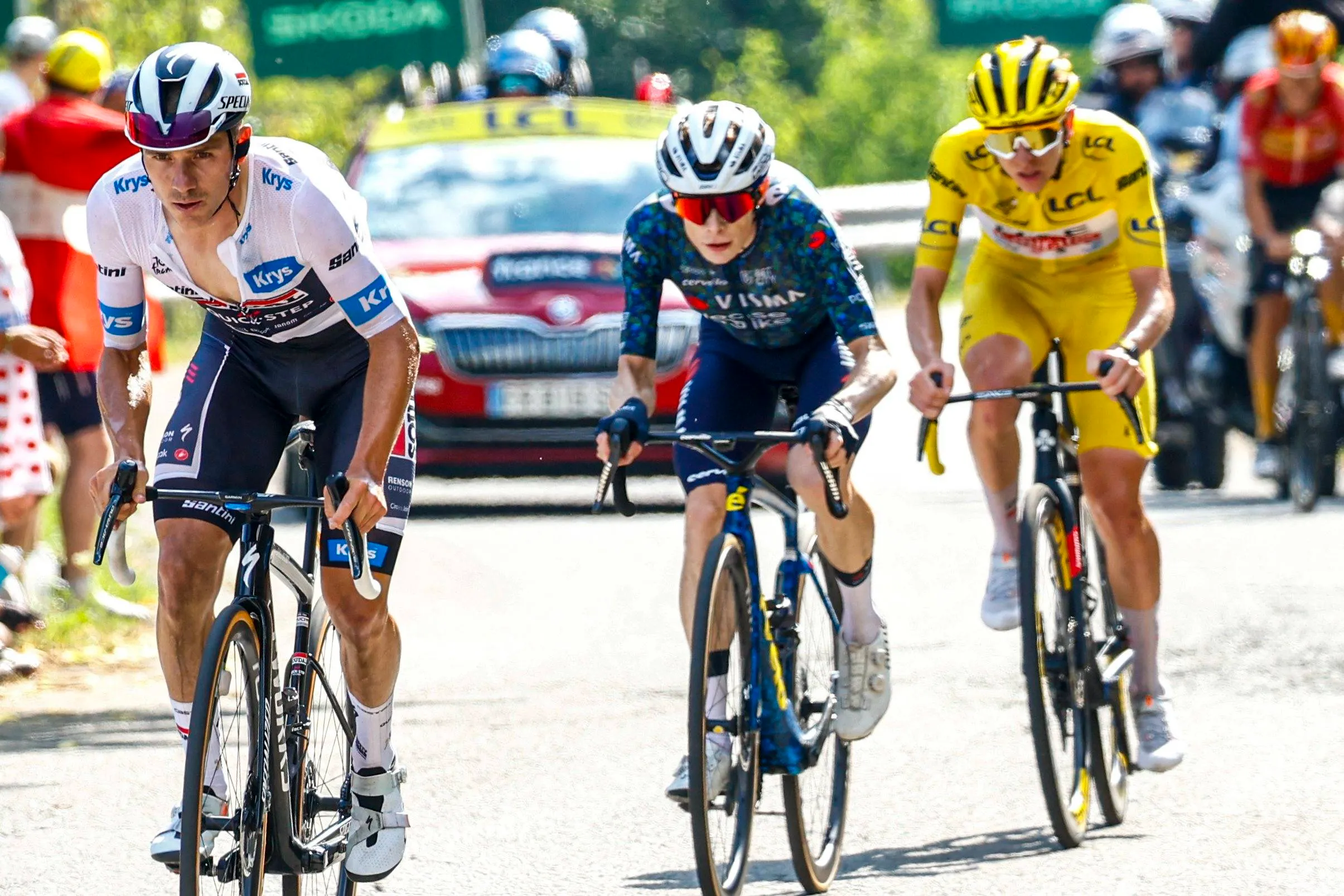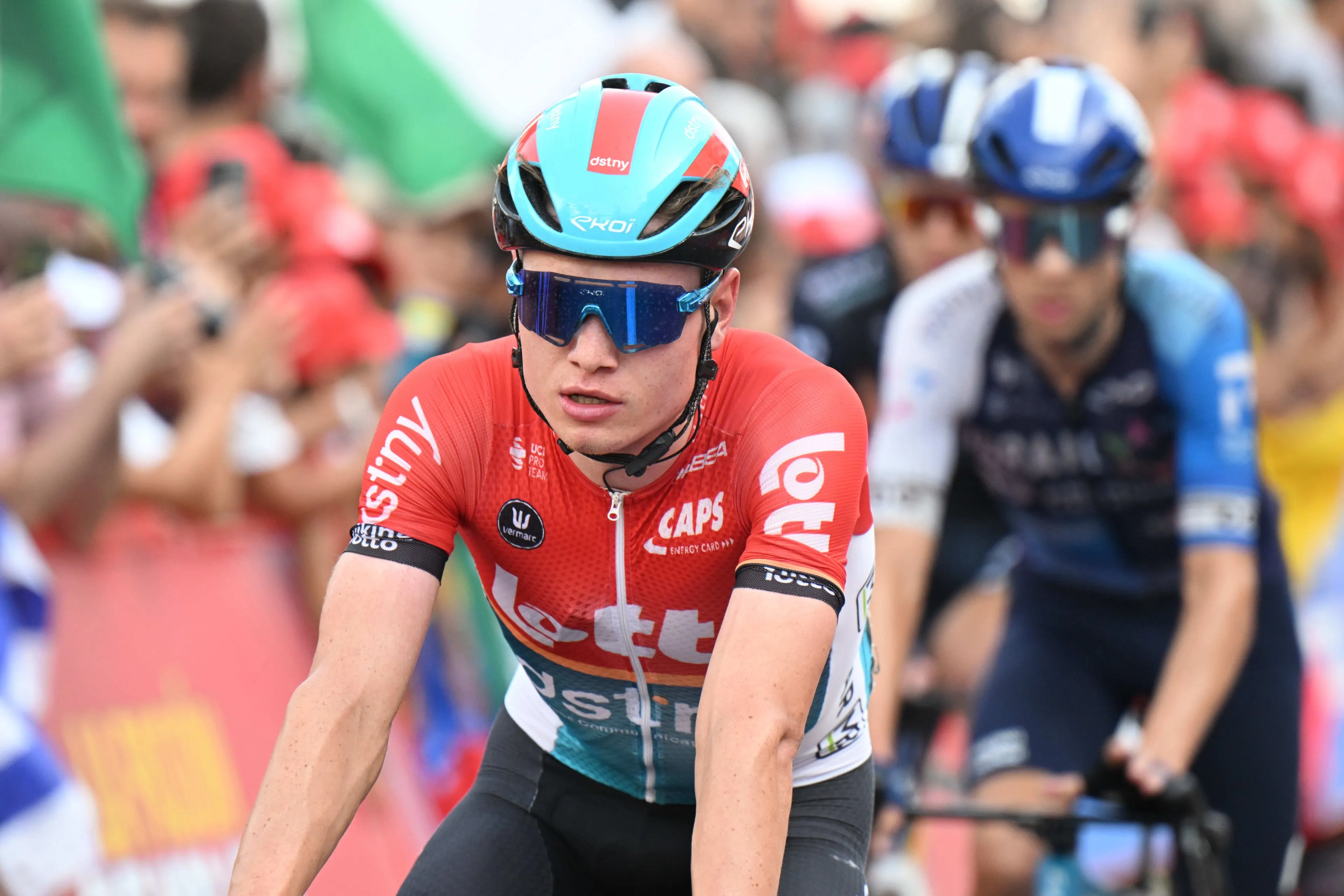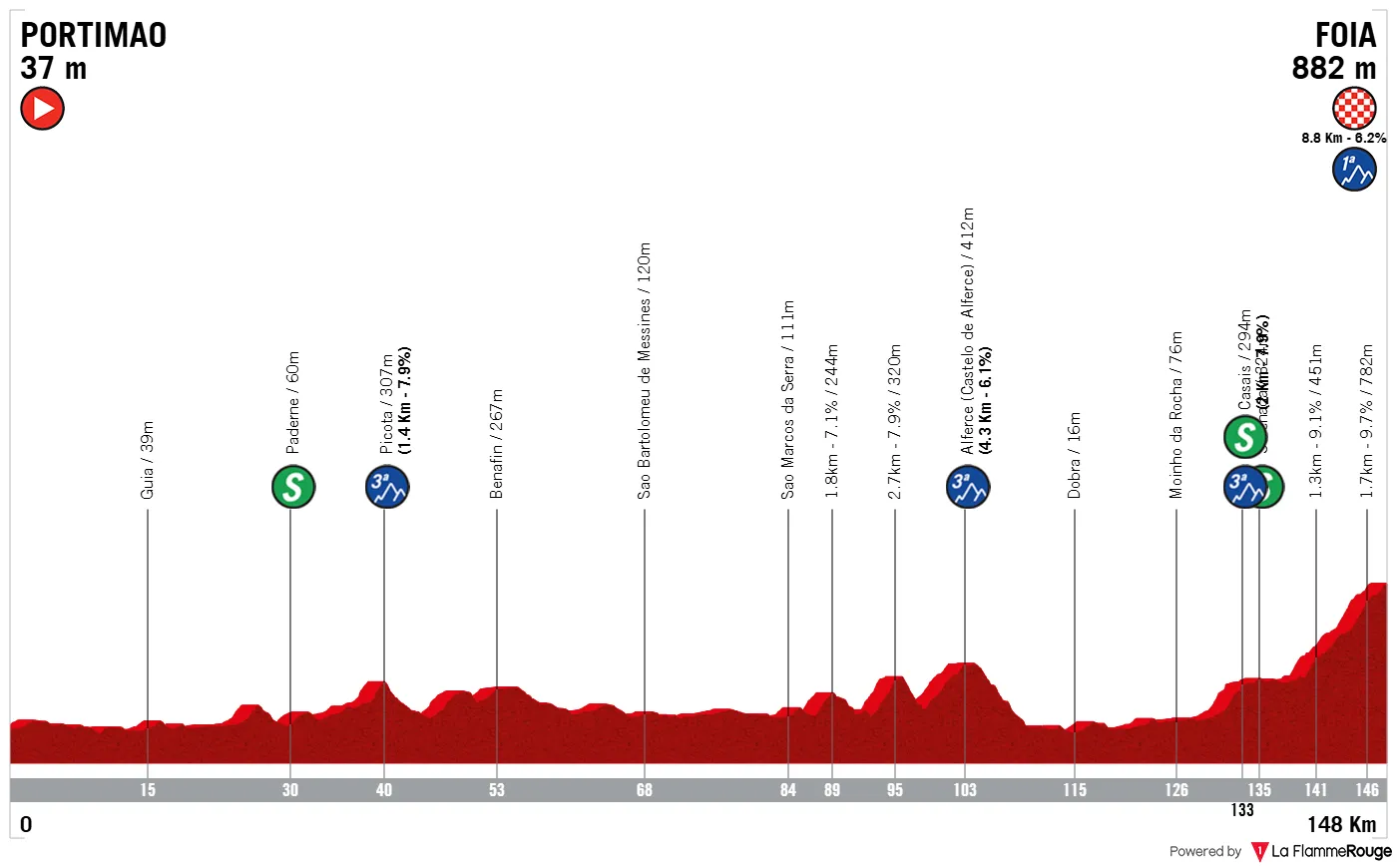Important news for Tom Pidcock and Julian Alaphilippe? ProTeams push for rule changes to secure more Grand Tour spots in 2025
CyclingMonday, 13 January 2025 at 10:12

As the 2025 cycling season approaches, several ProTeams are
lobbying the UCI to revise its regulations for Grand Tours, seeking an increase
in the number of teams allowed to participate in these marquee events. Spanish
newspaper Marca reports that ProTeams are calling for 23 teams, rather
than the current 22, to be granted entry to the Giro d’Italia, Tour de France,
and Vuelta a España.
Why are grand tours so important?
For ProTeams, Grand Tours are a financial and promotional
lifeline. These events are the crown jewels of professional cycling, offering
unparalleled global exposure to sponsors. With millions of fans watching on TV
and attending in person, the Giro, Tour, and Vuelta provide a rare chance for
smaller teams to show their talent and attract more lucrative sponsorship
deals. A strong performance or stage win at a Grand Tour can significantly
boost a team’s visibility and financial stability, which is crucial for
survival in the fiercely competitive world of professional cycling.
Read also
Currently, all 18 UCI WorldTeams automatically qualify for
the three-week races. Additionally, the top two ProTeams from the previous
season, Lotto and Israel-Premier Tech, are guaranteed entry through the
UCI’s promotion system. The race organisers then award two wildcard invitations
to other ProTeams, leaving a limited window for smaller squads to earn a
coveted spot. ProTeams are now pushing for a third wildcard to increase their
chances of competing on cycling’s grandest stage.
The call for an additional wildcard has gained momentum
following high-profile transfers of marquee riders to ProTeams this winter.
Julian Alaphilippe has joined Tudor Pro Cycling, while Tom Pidcock has moved
from INEOS Grenadiers to Q36.5 Pro Cycling. Both riders are stars of the sport
and are key assets for their new teams, but without a Grand Tour wildcard,
their ability to perform on the biggest stage and generate exposure for their
squads could be limited. ProTeams argue that their inclusion would enrich the
races and ensure top talent is on display for fans.
Read also
Expanding the number of teams in Grand Tours would bring
challenges. If an additional ProTeam is allowed, the peloton size would
increase from the current maximum of 176 riders to 184. While this is still
smaller than the 198-rider fields seen before 2018, when the UCI reduced team
sizes from nine riders to eight to enhance rider safety, it would represent a
logistical and financial burden for race organisers. Accommodating more teams
requires additional resources, from hotel rooms to race convoy vehicles, and
raises concerns about safety and road congestion during the race.
Read also
claps 0visitors 0
Just in
Popular news
Latest comments
- Bahraini suspicious..Santiago19-02-2026
- The problem is, a British 'boss' opening the gates, when the native workers not wanting them!
 leedorney19-02-2026
leedorney19-02-2026 - Who is overrating him on climbs? Everyone knows since ages it’s his weakness and needed years of work. Question us if he can do enough about it. For sure he won’t be able to improve his TT enough to compensate.Mistermaumau19-02-2026
- What do you call only seeing someone’s positives?Mistermaumau19-02-2026
- Remco banging his leg, just like he banged his saddle when pog dropped him. He ain't fooling anyone with those antics. I'm not a hater, but he's a bit overrated on serious climbs.Santiago19-02-2026
- Obviously isn’t learning from the Epstein fallout. The more you unravel the past the more undiscovered mess appears.Mistermaumau19-02-2026
- I like Tadej a lot (a lot, a lot) but you're a little exxagerated... Allow me to give you some advice: Never become a fanatic for something or someone (neither pro nor against, haters are against-fanatics). And never idolize human beings.
 maria2024202419-02-2026
maria2024202419-02-2026 - What about them? What did they get away with in the end?Mistermaumau19-02-2026
- If I were Johan Bruyneel, I would be careful what I wish for... There is a high likelihood that revealing your side of the story will actually make things WORSE for you! Also, I suspect Lance will make himself look like the victim and throw you and everyone else under the bus!Pogboom19-02-2026
- As per a great many on the world stage...you must be beside yourself amongst them all!
 leedorney19-02-2026
leedorney19-02-2026
Loading
3 Comments










